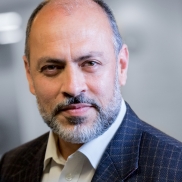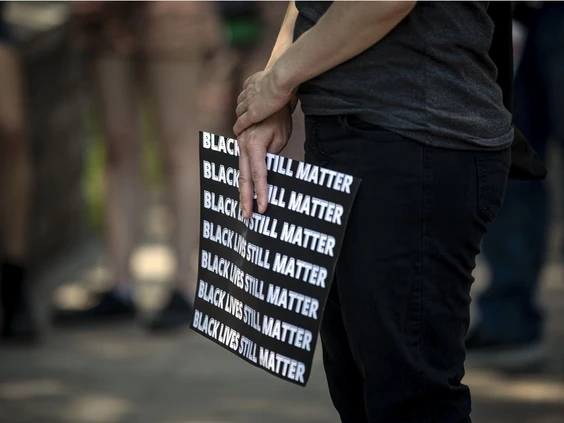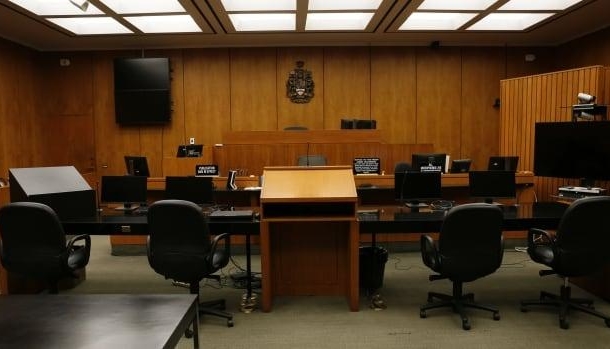Today is the International Day for the Elimination of Racial Discrimination, and everybody can do something to knock down barriers.
Here are some suggested steps we can all take. Most of these recommendations can also be implemented by organizations, communities of faith, businesses and other groups that are ready to begin the hard work of undoing racism.
• Become racially literate. Our capacity for creating positive social change depends on our understanding and awareness of the role of race and racism in shaping our life experiences. This enables us to use our knowledge and skills to influence much-needed systemic changes.
• Acknowledge implicit bias. Understand the impact of racial ideas and behaviour on your upbringing and values. It’s easier to pretend racism is someone else’s problem, but the truth is that none of us is immune to bias. The more aware we are of our individual biases, the more empowered we are to challenge them within broader systems.
• Educate and empower youth. Help youth understand systemic racism and discrimination. We need to become more comfortable reflecting on and sharing our own experiences, and discussing the historical, social and psychological dynamics of racism with young people.
• Reject the idea of reverse racism. The powerless can never be “racists,” because only people who belong to a racially dominant group (or groups) can benefit from systemic racism. Prejudiced ideas alone don’t lead to benefits for one race over another without structural power.
• Support anti-racism and anti-hate coalitions. Make a commitment to those who are doing the work to dismantle systemic discrimination.
• Develop a powerful counter-narrative. Listen to and amplify the voices of marginalized communities. Promote their messages through multiple channels to counteract hate.
• Support building an equitable and anti-racist economy that strengthens communities, enables ordinary people to support themselves with dignity, and tackles historic economic inequities.
Eliminating racism and discrimination cannot be done by a single person, organization or government. It takes the mindfulness, cooperation and actions of everyone in our society. We all have a role to play in making a stronger, more equitable world.
Abid Jan is the Director of Capacity Building for United Way East Ontario. United Way is the backbone organization leading United for All, a coalition of partners committed to overcoming hate-based violence, racism and extremism.



Comments
droversointeru
I like this post, enjoyed this one thanks for putting up.